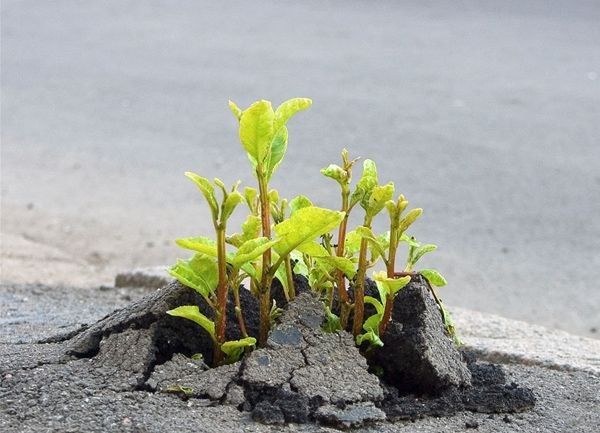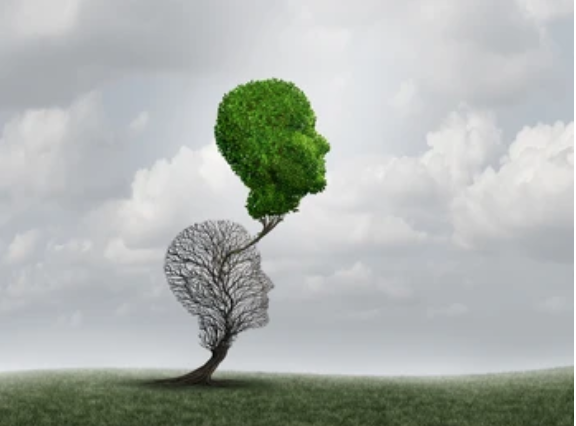Process Cosmotheology and the Biological Universe
Part 2 - A New Philosophic-Theology
Part 3 - Steven Dick's Naturalistic Cosmology
* * * * * * *
A Universe By Any Other Name...
Why a Process-based Universe is Essential
Part 1
by R.E. Slater
An Introduction
Two weeks ago I listened to a presentation by Steven Dick re a "Naturalistic Cosmology" in which he described a non-God (non-theistic) universe leaning into more explainable, terrestrial phenomenology while rejecting any supernatural phenomenology contrary to how a religiously-informed perspective would do.
On the obverse side of Dick's lecture Andrew Davis spoke to a Christian Theistic Cosmology (one with God in it as the lead player) also using naturalistic interpretation underlaid by a Creator-God through-and-through while using process language in both its i) Whiteheadian metaphysics and, ii) its derivatives of process theology ala Hartshorne, Cobb, and Cobb's process students over the generations.
Of note, I look upon Andrew Davis as the inheritor of John Cobb's mantel. To date, he is filling Cobb's role well but it waits to be seen how well. Which is where the rest of us come in as we push forward Whiteheadian thought in an many directions as John Cobb had i) scientifically (as we see here in these two articles by Dick's and Davis); ii) secularly in the arts, economy, politics, ecology, etc.; and, iii) religiously (such as Christianity, for myself, while knowing the many commonalities a process Christianity can share with other global religious and panpsychic beliefs).
Which also explains my attraction to process thought. In my mind it is reflecting a truer metaphysic, cosmology, and constructed worldview back to me as inherent in the universe's very bones - or DNA - of its phenomenology, than has any previous worldview such as platonism, scientific mechanism, human enlightenment, confucianism, buddhism, and such like.
Westernism, on which Western Christianity as been built, has limited the Christian faith to speculate on i) the nature of God, ii) God's activities in creation, and iii) how humanity is to comport itself with each, both nature and God. When basing Christianity upon a processual foundation rather than its many previous other philosophical structures, many of these non-processual irregularities go away when attempting to address contemporary scientific observations... along with the many non-processual ethical irregularities Western Christianity has had with civil democracy (v Christian dominionism), Christian racisms (v White Christian Nationalism), and community organization (v Christianity's fake artificial walls between itself and the "secular" world it inhabits by placing its own fake ethical structures of "secular" exclusionisms, asceticisms, and such like). More simply, traditional Christianity has attempted to "re-Christianize" a processual world away from its truer identity.
Moreover, a process form of Christianity helps to expand Western (and Eastern) forms of Christianity to more truly embrace a humanitarian form of community, cooperation, coordination, renewal, redemption, reclamation, and the very rebirth of humanity's instrumentality as a healing, positive presence within an ecological cosmology struggling within itself to find greater generative value than it presently presents. Which indeed, is the very struggle humanity has within itself.
- Hence, traditional Christianity would call it's struggle as one trapped between "creational freewill" as versus creation's own "opposing nature" which would naturally bind itself in non-freeing ways.
- It would further describe this struggle as one between good and evil, sin and oppression... leading to the very death of soul, spirit, mind, heart, and love.
- Thus and thus, God being a God of love (as opposed to the Christian belief that God is both good AND evil), process Christian theology will take the metaphysic of process philosophy and apply God's love evenly across all its traditional church creeds, beliefs, and theologies.
- When doing so, this application will disrupt traditional Christian beliefs mucked-down into their own variable theodicies as each attempts to explain good and evil events in life;
- And, their variable visions of a divinely-ruled theocracy (how it might go about constructing a church structure alongside civil government).
Why these beliefs and endeavors? Because traditional Christianity has not addressed its own non-processual core structures demanding it live apart and not within God's processual creation.
In affect, Process Christianity states God is love centrally and congruently across all metaphysical, ontological, and ethical structures in the universe. That a processual universe will demand process living between ourselves and with itself.
Thus the warrant to build in-as-many-ways-as-possible - from societal to religious structures cosmo-ecological societies. That is, to finding ways to processual live with one another and nature itself (more properly, learning to live with an eco-universe at-large). When done, faiths will find less competition, a more loving God theology shed of wrath, judgment, and hell, and many reasons to comport with one another.
Conclusion
In conclusion, one last traditional Christian belief must be addressed: that of a God who is divine possessor and giver of wrath, judgment and hell. A God of love is not this. Cannot be this. Cannot do these things EVER! Does neither have ontological agency to disrupt the freewill God has given to creation (an agency based on God's love and not by God's divine decree or fiat).
Love says we are to living responsibly with one another and nature. When harmed we are to reconcile and restore one another as loving justice can allow. To exercise healing and reclamation into all areas of business, politics, and cooperate living. And to live for the present moments of every day rather than cashing-out-of-life by separating ourselves from the world to await a heaven which cannot come without our participation towards its rebirth.
Causalities and Necessities of Processual Living
- In a cosmology struggling with using freewill effectively, we must regard that evil is NOT accounted to its Loving Creator but to a creation endowed with the Creator's loving freewill.
- Rather, that the sin, evil, and hell experienced in this life is but a reflection of our own inability to love or to utilize our freewill redemptively rather than for sin and evil.
- That Christianity and other religions have, and can, address these differences within their own traditional structures by tweaking their separate cultural structures with processual difference and informed processual living.
- Especially within that culture's ability to be tweaked whereby a better relationally processual world may be developed with one another and creation itself.
Finally, as a process Christian, I find the very idea of atoning redemption inherent abundantly everywhere in creational spaces. That the Cross of Christ, the Gospel of Christ, the Promises of God, the Covenants of God, and the expect Futurisms / Eschatologies of experiencing a God walking amongst us is...
all derivative from the very ground we walk upon, and live, and move, and have, our being. The stories of redemption are everywhere about us. They are not ever UNcommon but synchronistically - or universally, and terresterially, - common everyday experiences of redeeming-creational living! If fact, redemption is an ontologically cosmological constant!
Which is why so many religions and moral insights come back to the same common ground of redemption with one another. Which is another way of saying that love-and-reclamation are the universal glues to living terrestrial life fully!
It is because of these imbued creational elements that creation's God is fully imbued and invested of God's love and redemption into the very soils of our souls and being - humanly, corporately with all creation, terrestrially, and cosmologically.
The Story of Jesus is the continuing story of God rectifying a continually freewilled and indeterminant creation by unloving and unreclaming elements of sin and evil. The Story of Jesus comes back to metaphysically defeat errant freewills gone bad.
But to effect Jesus' healing of divine love back into the original intention of the Creator-God now become Redeemer... creation must be willing to use Christ's victory over sin and evil.
The Christian church may call this godly process as sin and repentance unto salvation. Islam may use similar terms within it's faith for types of reclamation and renewing redemption. Even as other religions may describe their gospels and efforts as latent human conscious behavior towards redemptive activity as arising from their own experiential observations.
But it is ultimately within the idea of process theology which flatly states God has not left us alone to survive ourselves and our worlds. That the far-away God has come near to His creation to renew, rebirth, reclaim, and revive all that creation and humanity is. This then is a story of God and God's redeeming love.
Peace,
R.E. Slater
October 16, 2022






